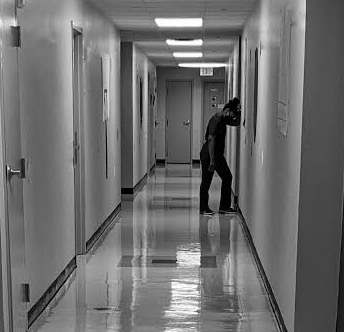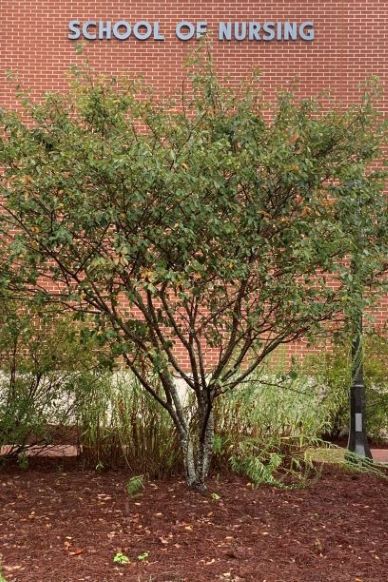One of the most invaluable tools of nursing is the skill of compassion—the ability to empathize, provide comfort and ease a patient’s fears in a situation that could potentially be a person’s worst moment in life. In the face of COVID-19, the importance of this skill has been magnified, as some people who are gravely ill with the disease are dying alone without their loved ones. Many times this display of humanity from nurses often goes farther than any medications or treatments that can be prescribed.
“Everything we do as nurses is based on good patient outcomes,” said Associate Professor of Tanner Health System School of Nursing and Daisy Award winner, Lourdes Cody. “The empathy comes from putting yourself in the patient’s place.
“Sometimes we do the same skill over and over again, like taking vital signs or starting an IV,” Cody continued. “You never want to get to the place where you feel like you have done this a hundred times before because it’s always a new experience for the patient.”
There are unique barriers to providing compassionate care during a pandemic that nurses are having to navigate. Physical contact must be limited, and many nurses must now shorten their time spent with the patient to limit their exposure. Masks worn by healthcare professionals can also cause nurse and patient interactions to feel impersonal.

“COVID has definitely changed patient bedside care,” Cody said. “We are only spending time with them when we absolutely have to because we have to distance ourselves.
“The patients cannot see our faces, only the eyes, so it is hard to gauge their feelings,” Cody continued. “They are dying alone, and their families are not next to them, so it is very difficult.”
There is no doubt that COVID-19 is changing the culture of medicine when it comes to relationships between health professionals and patients. However, it is the priority of many in the medical field to keep the humanity in patient care intact, regardless of the circumstances.
Nursing instructors have the unique challenge of teaching the next generation of nurses in this climate of social distancing. UWG’s nursing program is actively working to teach students how to continue to have empathetic patient relationships while also taking precautions to limit COVID-19 exposures.
“We expect our students to be caring because nursing is a caring science no matter what,” said Cody. “At the end of the day, we remind the students that it is all about safe patient care. Keeping ourselves safe is a priority in order to give care to the next patient.”
Despite the challenges, nurses are rising to the occasion. UWG’s nursing students will be ready to handle the crisis as a result of the hard work of their educators, who are putting in work to ensure that students are fully prepared with patient-centered care at the heart of it all.
You may also like
-
UWG Alumnus Shares His Experience Exploring the Underground Flood Channels of Las Vegas
-
Georgia Students Simulate the Struggles of Dementia
-
UWG’s Art Atelier Creates Interactive Mural for the Children of the Early Learning Center
-
UWG PR Students Score a Georgia Power Tour at Atlanta Corporate Office
-
UWG Hosts Rapha Clinic Annual 5K Fundraiser
